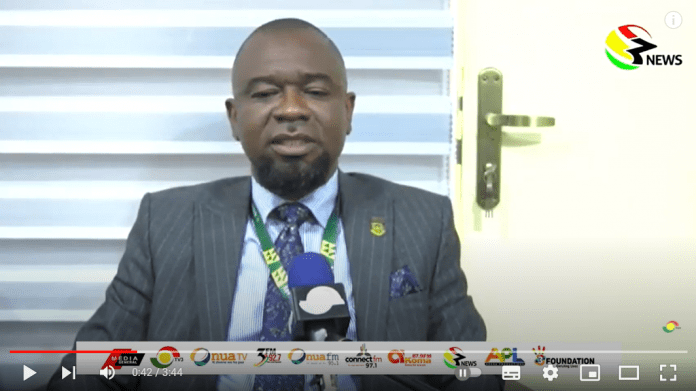45% of deferred KNUST students made payments after directive – URO
“If a whole three months of a four-month semester and you failed to make payment of fees, not the whole payment, a percentage; then it means you are not prepared to be a student.”
- Advertisement -
Three days after the directive by management of the Kwame Nkrumah University of Science and Technology (KNUST) that over 6,000 students would have to defer their programmes of study for non-payment of fees, about 45 per cent of the students have made full payments.
The University authorities say 22 percent of these students are local or Ghanaians while 23 per cent are foreign or international and they made personal payments.
- Advertisement -
The University Relations Officer (URO), Dr. Daniel Norris Bekoe, made this revelation in an interview on 3FM’s Sunrise hosted by Alfred Ocansey on Friday, April 22.
- Advertisement -
“As of [Thursday], about 22 percent of the affected students managed to pay. On international students, we had 23 percent who also managed to pay so what we were saying that the monies were with them but they refused to pay, was true.”
Dr. Bekoe added: “We have said those who are indeed in need should go through a channel at the University and state why you are in need and the school will attend to them.
“If a whole three months of a four-month semester and you failed to make payment of fees, not the whole payment, a percentage; then it means you are not prepared to be a student.”
- Advertisement -
The URO explained that “as of yesterday, we had these numbers [45%]…some of them ran to the banks and the cash offices to pay and we know some of them are in need and we will support them”.
Appeal to parents
Dr. Bekoe appealed to parents to be interested in their students in schools instead of leaving them to do whatever they want on various campuses.
“I am calling on parents to make a follow-up to the school and find out what their wards are doing. Some of them are using cars on campuses that they cannot take home and these are continuous students.”
Dr. Bekoe noted that some students have iPhones but do not have laptops to study.
Source: 3news.com|Ghana
- Advertisement -


